Challenges and Opportunities in Developing Child Savings Programs in Israel and Uganda – October 15, 2020
October 15, 2020, 10:00-11:30 AM (CST) – Virtually via Zoom
Join the Social Policy Institute (SPI), the International Center for Child Health and Development (ICHAD), and the Next Age Institute (NAI) for a discussion about asset building for long-term child development and CSA programs—with the particular focus on CSAs in Israel and Uganda, which differ greatly in their structure. The event is hosted by the McDonnell International Scholars Academy at Washington University in St. Louis.
Savings play a unique role in shaping the financial security of individuals and families in high- and low-income countries. Sufficient amount of savings can help families maintain adequate levels of consumption, provide a buffer against financial shocks, and enable long-term investments in higher education or homeownership. Ultimately, having enough economic resources can help advance intergenerational economic mobility.
One solution several countries around the world have explored are specialized child savings account (CSA) programs. CSAs are savings or investment accounts typically opened in the name of a child at birth or young age that aim to promote savings and asset accumulation for long-term purposes, such as post-secondary education. The programs have the potential to help families overcome barriers to saving and improve asset-building efforts.
Israel’s national CSA program is universal: every Israeli child gets a savings account opened in their name, and the government deposits approximately USD 14 per month to these accounts. Participating parents can transfer additional funds from a separate child allowance into the long-term savings accounts and select a specific savings account for their children. In Uganda, ICHAD leads five NIH-funded applied research studies in Southwestern Uganda that seek to improve health and educational outcomes in communities heavily affected by poverty and HIV/AIDS. To this end, the team utilizes combination interventions that include a CSA component. ICHAD seeks to use this data-driven research to guide the national discussion around the benefits of CSAs.
The speakers will present the recent empirical evidence on CSA programs, as well as discuss the challenges and opportunities in implementing the child savings programs in the two countries.
See event details and agenda. Register for the event here.

